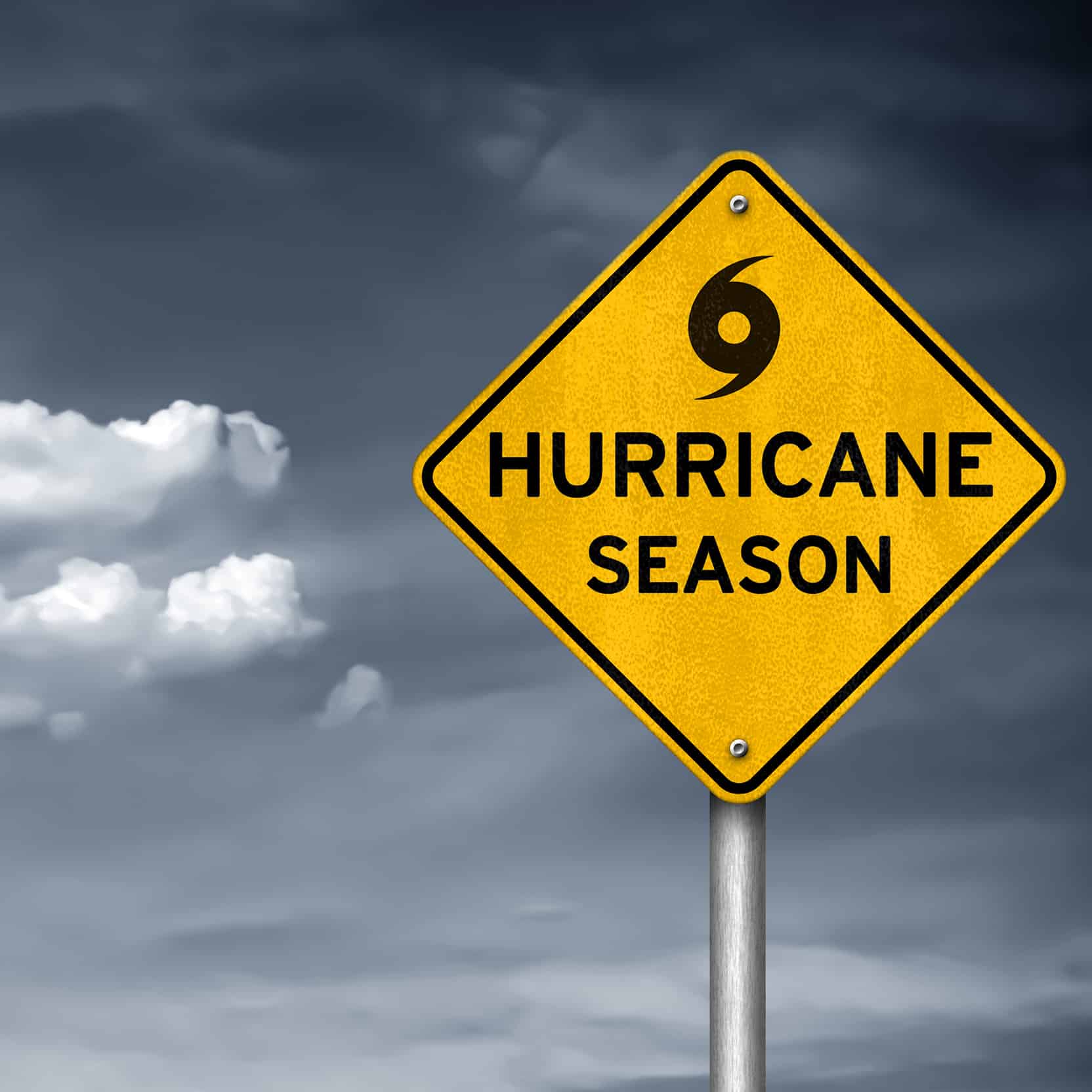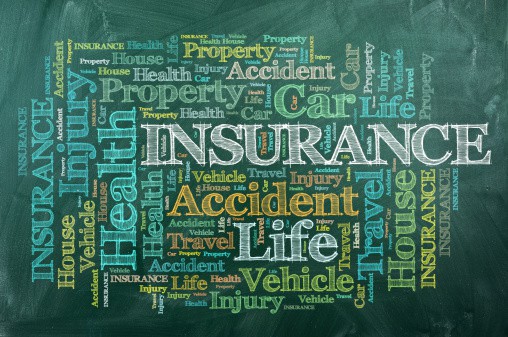
Last Updated on October 6, 2022
Did you get a new vehicle for those summer road trips, or pulling a boat or camper? Do you feel confident you have the best coverage at the best rate available for your current or new vehicles? This week, Robin Price, president, Allen Tate Insurance, shared some good advice with me that I thought I should pass on to you. So, here are nine things to know about shopping for auto insurance.
1. Understand the value of an independent agent. One of the biggest advantages of working with an independent insurance agency like Allen Tate Insurance is that it gives you more choices. Because a variety of carriers can be represented, an independent agent has multiple resources to find the best coverage for your particular needs, at the best price out there.
Independent agents are also in the know about unique programs and discounts that may not be offered by all carriers. Your independent insurance agent is your best resource for obtaining the best coverage at the best price to protect you and your assets.
2. If you have your auto and home insurance with the same carrier, it’s called bundling, and it could mean a better rate on both. Your insurance company may reward you with as much as a 10 or 20 percent discount! When you shop your auto insurance, it could pay to get quotes on your homeowners insurance as well!
3. Don’t insure that new or added vehicle on a separate policy. Multi-vehicle discounts help a great deal, even if one car is rated for an inexperienced driver or insurance points due to an at-fault accident or traffic ticket.
If you still doubt it, have your agent give you quotes on your auto insurance all together or separate. Even if you only have one car on your personal policy, but have a company car; you may be eligible for an additional multi-car discount.
4. Is that new car is actually a beater you’ll just use for fishing trips or only at your vacation home? Does it still make sense to carry comprehensive and collision on this vehicle if it’s older and you didn’t have to finance it? How about the other cars on your policy?
Comprehensive coverage will cover things like hail damage, rocks flying up off the highway, falling branches—basically anything except a collision (but check your own policy). Collision is, well, a collision with another car, a signpost, a tree, etc. Does it pay to carry these coverages on your older vehicle?
If you want to or need comprehensive and collision coverage, consider your deductibles. Ask for rate quotes on $250 to $500 deductibles on comprehensive and collision, and find out for yourself how much of a difference it will make on your premiums.
5. Adding a vehicle or getting all together new car insurance is a good time to take a good hard look at your entire auto policy and other policies. An insurance check-up is the best way to review your current insurance with your agent, ask questions and make sure you understand what is covered and what is not.
For instance, do your liability limits protect you sufficiently? The minimum state requirements likely do not. Do you understand your uninsured/underinsured motorists coverage, medical payments, rental car, towing, and other coverages on your auto policy? If you don’t need them, it could save you money to drop them, or, if you do need them and don’t have them, it’s a good time to add or increase your limits.
6. Be sure to share with the agent how your new and other vehicles are used, because it’s likely to have changed since you last shopped. Vehicles are rated on usage—pleasure, length of commute, or business—so make sure each vehicle on the policy reflects that correctly.
7. Tell the insurer if the vehicle will be garaged, and make sure it is rated for the correct territory if you have moved since you last shopped or made a change on your car insurance.
Also, if a previously inexperienced driver is past that (expensive) three-year period, make sure that rating gets removed from your policy.
8. Ask your agent if a PLUP (Personal Liability Umbrella Policy) is a good idea, because it might be. Usually written for $1 million or $2 million additional liability coverage, it provides extra peace of mind should an accident occur with your vehicle or at your home for which you could be liable. And, it’s relatively inexpensive, often only about $200 or less annually. You will have to increase your underlying auto liability coverage.
9. Do you need first accident forgiveness? This is great, especially for new drivers. The first at-fault accident does not cause the policy rate to increase. Ask for rates with and without if you are considering this added coverage.
Finally, if you’re insuring a brand spanking new vehicle, you might opt for repair or replacement coverage, which offers great financial protection in the event of a total loss.
Now that you understand how an independent agent could help save you money, fill coverage gaps and identify discounts, go ahead and contact one of the insurance experts at Allen Tate Insurance. Whether you are looking for coverage for a new—or not-so-new—vehicle they’ll be happy to answer your questions and help you stretch your premium dollars.



